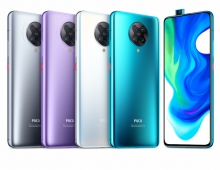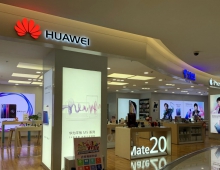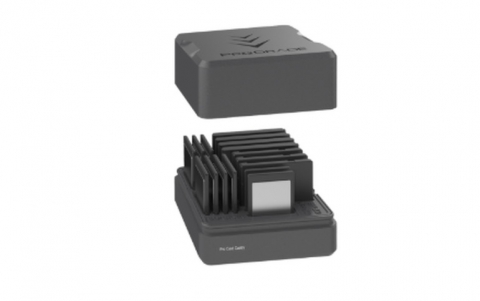
Verizon Wants to Lock Down phones to protect Customers From Identity Theft
Verizon is asking the Federal Communications Commission (FCC) for permission to lock new phones it sells in an effort to curb the growing problem of customer identity theft.
Bad actors are always looking for ways to engage in fraud and identity theft. Verizon says that fraud and identity theft impact the company's customers financially, forcing them to spend considerable time and effort cleaning up their credit and identity.
Verizon customers are hurt when the fraudsters order and steal phones. The stolen phones are then sold on the black market in dozens of nations around the world.
Identity theft criminals target Verizon customers because Verizon is the only large U.S. communications provider that sells devices that are unlocked upon sale. It means after the device leaves Verizon's inventory, it will work on any compatible network.
Criminals impact about 7,000 Verizon's customers every month, according to Ronan Dunne, executive vice president and group president of Verizon Wireless.
That’s why the company on Friday filed a petition asking the FCC to confirm that the “C-block rules” put in place in 2007 allow Verizon to keep phones locked, after they’re purchased, for a short, 60 day fraud safety check period, after which the phones will unlock automatically.
"We believe this temporary lock on new phones will protect our customers by limiting the incentive for identity theft. At the same time, a temporary lock will have virtually no impact on our legitimate customers’ ability to use their devices. Almost none of our customers switch to another carrier within the first 60 days. Even with this limited fraud safety check, Verizon will still have the most consumer friendly unlocking policy in the industry. All of our main competitors lock their customers’ new devices for a period of time and require that they are fully paid off before unlocking," Dunne said.
Verizon says this is a huge and growing problem that cost the company $190 million in 2018. This figure was up from about $115 million in 2017.
Unlike other US wireless carriers, which lock their devices until customers fully pay for them, Verizon is required under FCC rules to sell all of its phones unlocked. This was the result of a deal Verizon struck with the FCC in 2008 when it licensed the "C block" of 700 megahertz spectrum, which powers its 4G LTE network.
AT&T requires you to pay off your phone and be active on your service for at least 60 days. Even then, there's a 14-day wait after you make your request. Sprint also requires that you have paid off your phone and wait 50 days, though the phone is automatically unlocked. T-Mobile has the same paid device requirement and a 40-day wait period, but will offer to temporarily unlock the device sooner for travel.





















